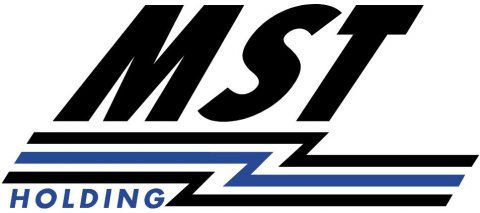Customer care has been changing in recent years. And although we usually believe that these changes are limited to sectors such as the technology industry or telecommunications, the truth is that customer service in the health sector has also been transformed. At Consulting c3, as a consulting area of the MST Group specializing in this sector, we encounter common cases in people who perform customer service functions in healthcare.
The changes are significant and it is good to know them in order to understand the new trends in the field of Customer Experience (CX) in Heathcare. So what do our consultants encounter when they carry out a project in the Healthcare sector? Here they tell us.
In terms of training, Consulting C3 works in 3 areas in the Healthcare sector:
– Training
– Coaching of agents
– Agent mentoring
What problems do we usually encounter?
At first sight, we do not detect specific problems different from other sectors, since we are talking about services that are technically very similar. But we can speak of very specific characteristics inherent to the sector, such as:
Medium-high level clients: both in terms of academic, educational or educational preparation, as well as in terms of economic level or purchasing power.
Criticality: the healthcare sector, in general, is critical, so that customers’ perception of their problems or incidents is that they are a priority.
Specific technical preparation: the agents who deal with incidents from a helpdesk in the healthcare sector must be specialists in the specific subject; that is, they require a higher technical-academic preparation and have this differentiation with respect to the usual Customer Service agents. In other words, they are technical specialists who serve customers.
Most common weaknesses of agents in the Healthcare sector
The most particular weaknesses of these agent profiles are:
a. Category mindset: they do not see themselves as Customer Service agents, but rather as senior technicians in a specific medical or health-related specialty, which makes it difficult for them, on occasion, to adopt the different communicative styles classically proposed by a Customer Service, for example, making a corporate greeting and closing the call.
b. Purely technical mindset: as the people of science that they are, it is very common for their profiles to stand out for their ability and focus on resolving the issue, giving little importance to the need to develop communication skills.
c. Generation gap: most helpdesk agents are Millenials and there is a certain natural resistance to using politeness formulas that they consider outdated.
How does Consulting C3 manage all this?
– By helping them, first of all, to internalize the need to acquire, develop and improve communication skills in the telephone environment, since this is the means by which they will be able to technically resolve incidents.
– Enhance the necessary communication skills. In order to approach high-level clients, it is important that they always take into account to offer a professional image, through a polite, formal and professional language, which will help them to be more credible and to be at the same technical level. To address criticality, it is important that agents show confidence at all times, even when they are unsure of the resolution, so it is necessary that they consciously avoid any expression of doubt. Contrary to popular belief, consulting or handing over the call to another department is a sign of mastery, not weakness, similar to the referral a doctor may make of a patient to a specialist.
– Regarding the category mindset, it is a matter of orienting agents towards the vision of the value they bring from the telephone environment.
– The generation gap, although not present in all cases, is worked with training, with concrete practical cases, through, for example, the exercise of listening to their own calls, putting themselves in the customer’s place, trying to understand the impact that courtesy and formality, as well as a high level of language, generates in the level of customer satisfaction, and, obviously, with constant accompaniment and constructive feedback from ConsultingC3 Consultants.
People skills do not come naturally to everyone. Some people have high emotional intelligence and others less so. Therefore, training is critical to bridge this gap and provide all employees with the skills they need to deliver excellent customer service.
Customer experience is crucial to any business in the modern world, but this is particularly true in healthcare, where a good experience can mean a huge improvement in a person’s quality of life.When it comes to delivering an excellent customer experience to patients, these are the things that can make a significant difference.
If you would like to learn more about this topic you can contact us at marketing@mstholding.com or at www.mstholding.com.

